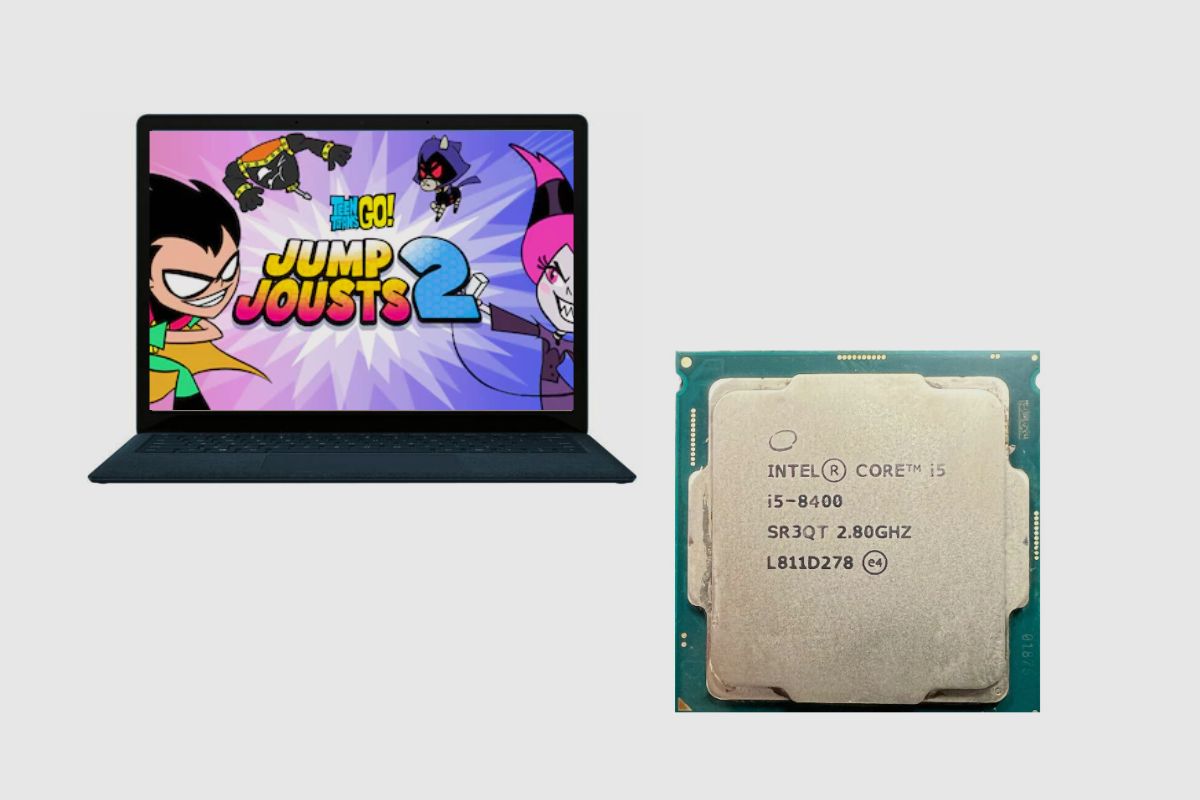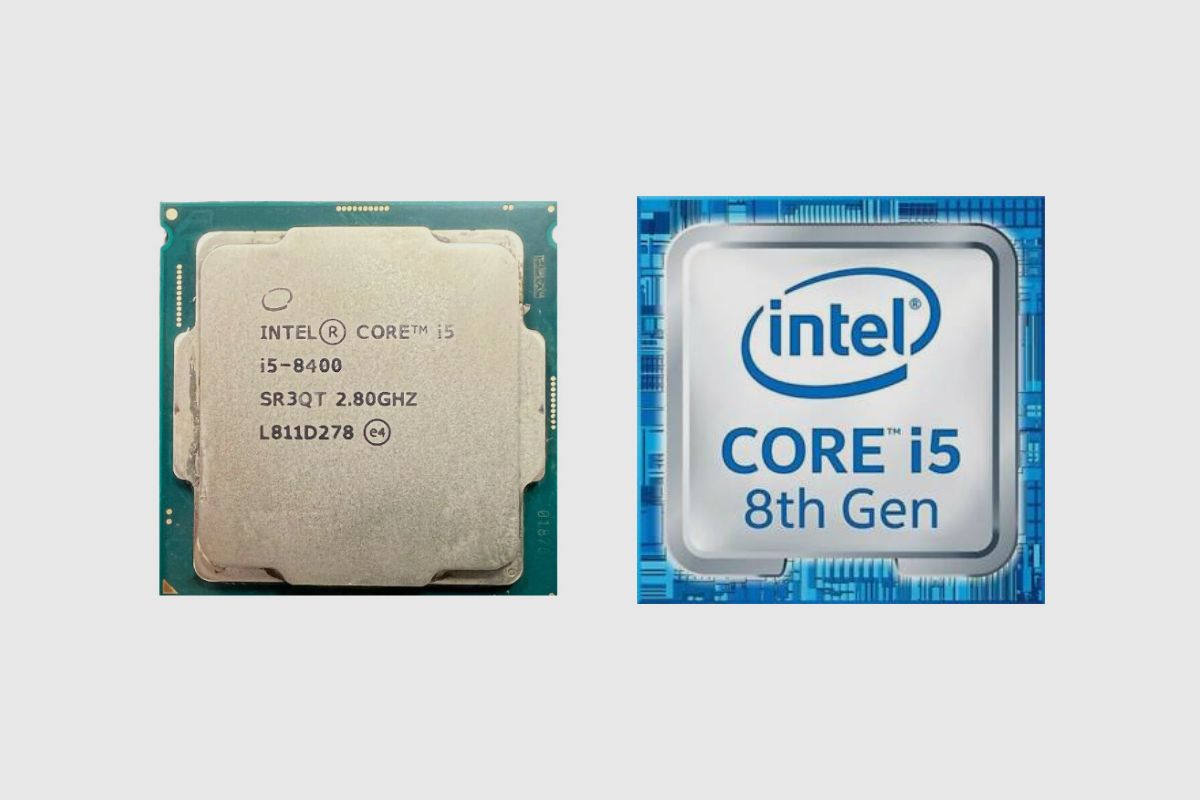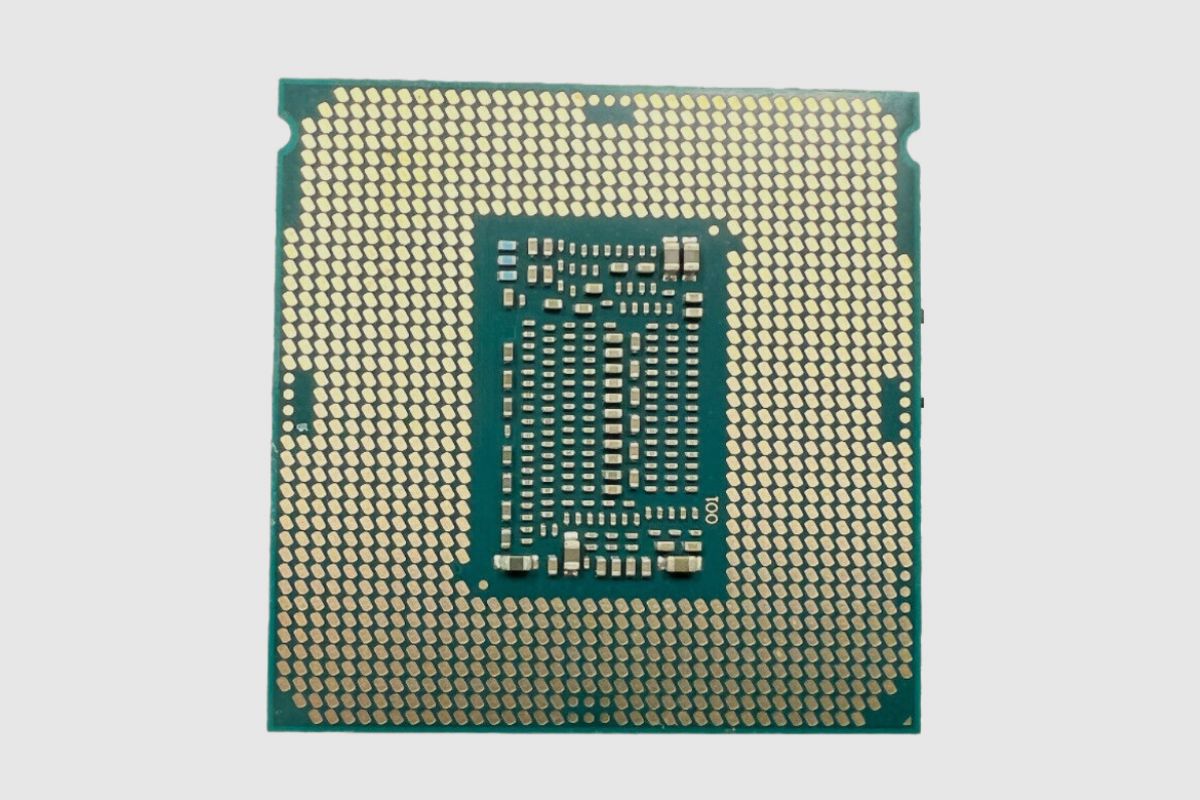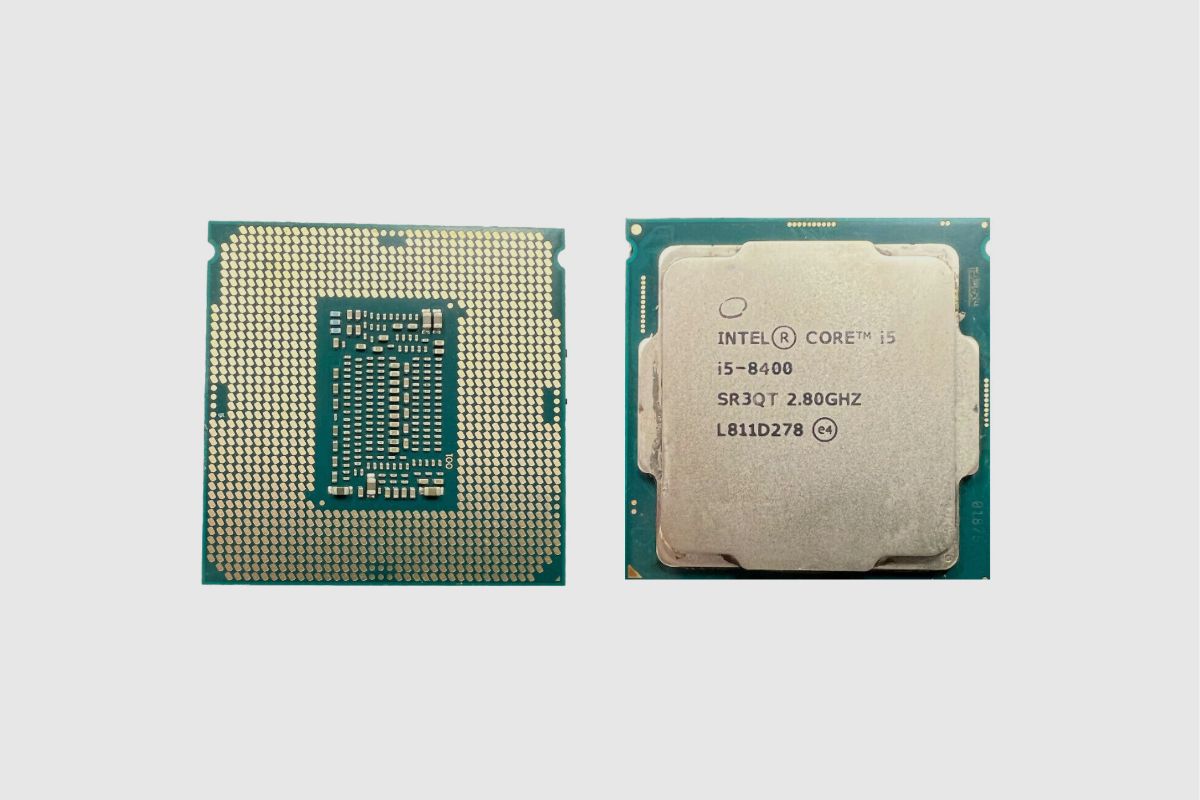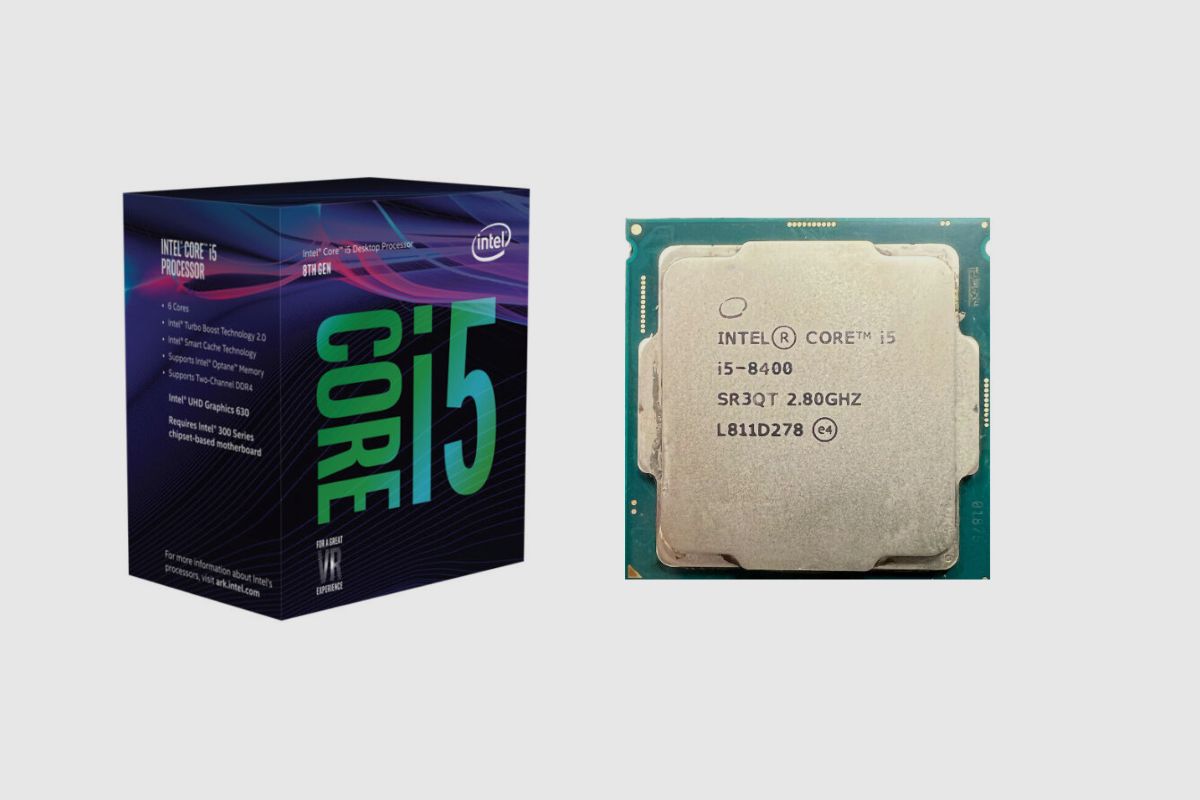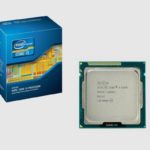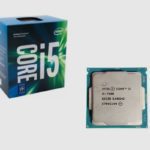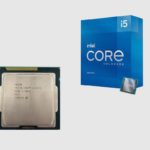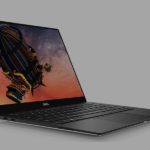If you are looking for a cost-effective processor that affords you multi-threaded performance and an excellent clock speed, then the Intel Core i5 8th generation processors are a strong option. The processors are as fast as the Intel Core i7 in games and lightly threaded applications like Photoshop. They also make it easier to stream and game on the same system.
In this article, I will discuss the key features of the Core i5 8th generation processors.
- Clock Speed
- Cache Size
- Thermal Design Power
- Socket Type
- What Is Its Lithography?
- What Is The Processor's Maximum Memory Support?
- What Is The Processor's Maximum Memory Bandwidth?
- What Is The Processor's Maximum Number Of PCI Express Lanes?
- Does The Processor Support Overclocking, Any Extra Features?
- Price
- Is The Processor Good For Gaming?
- Conclusion
- Image Gallery – Is Intel Core i5 8th Gen Good For Gaming?
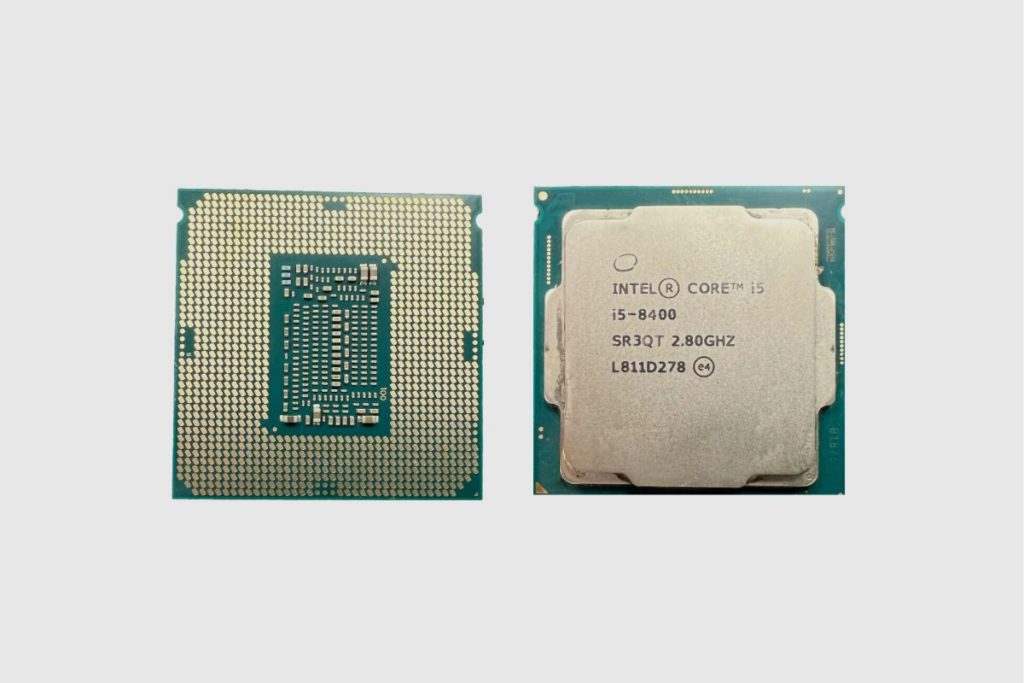
Clock Speed
The Clock Speed measures the number of cycles the processor executes per second, and it is measured in gigahertz (GHz).
For the Core i5 8th generation processors with quad cores, the clock speed is 1.6 GHz. Those with six (6) cores and six (6) threads have a clock speed of 2.8 GHz.
Cache Size
What the cache size means is the amount of main memory data that the processor can hold. For the Intel Core i5 8th generation processors, the cache size begins from 6 MB to as much as 9 MB, depending on the model.
Thermal Design Power
The maximum amount of heat generated by the processor, which the cooling system is designed to dissipate under any workload, is referred to as the Thermal design power. And it is measured in Watts.
The Core i5 8th generation processors are ultra-low processors. The thermal design power is 15 Watts. You can find some models of the processor with configurable thermal design power. Some can be configurable up to 25 Watts and configurable down to 10 Watts.
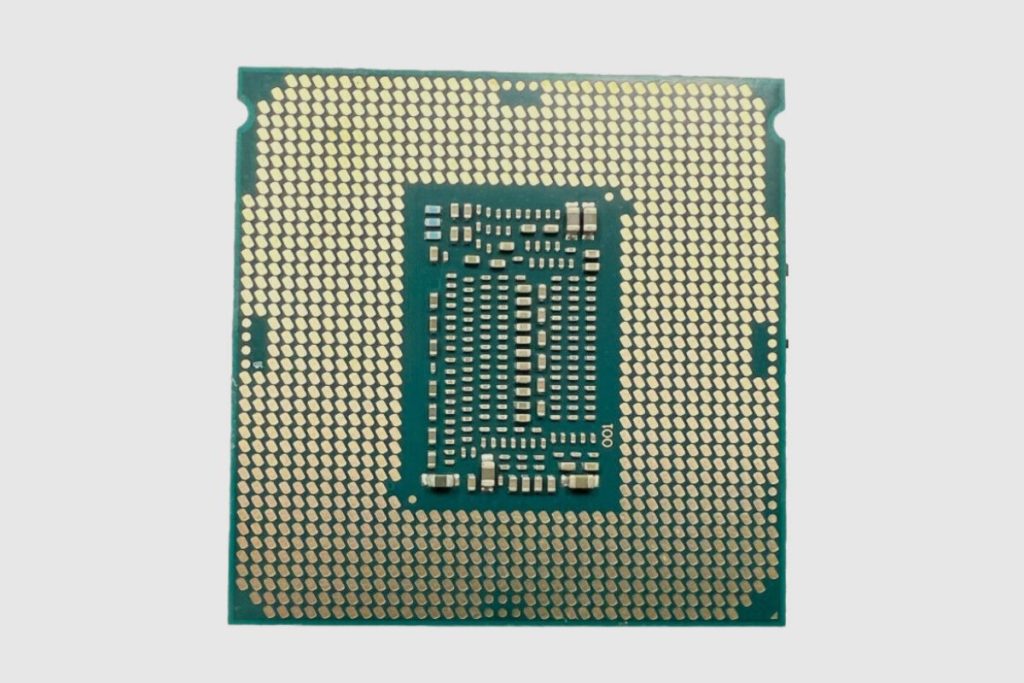
Socket Type
The Intel Core i5, 8th generation processors, use the LGA 1151 socket.
The socket type is the distinct mount used only for the processor on the motherboard to ensure correct chip insertion. The socket helps facilitate access and prevent damage when a unit is inserted or removed. It also helps to prevent CPU movement and is designed to help secure heat sink placement above the processor.
What Is Its Lithography?
The Core i5 8th generation processors have chip lithography of 14 nm manufacturing technology.
The lithography refers to how tightly the transistors inside the processors are packed. The lower the distance between two transistors, the faster electrons can travel between them and the lesser energy that is wasted in transit.
The difference in speed and power consumption depends on the processor’s lithography and the lithography loosely correlates to the size of the transistors within the chip.
What Is Its Turbo Boost Frequency?
For the Core i5 8th generation processors with quad cores, the turbo boost frequency is up to 3.4 GHz. In contrast, those with six cores have a turbo boost frequency of 4.0 GHz. The turbo boost helps to extend the processor’s frequency level above the rated frequency to achieve a higher processing power.
What Is The Processor’s Maximum Memory Support?
The maximum memory support is short-term memory, where data can be stored when the processor needs it.
The Intel Core i5 8th Generation processors have maximum memory support of 32 GB.
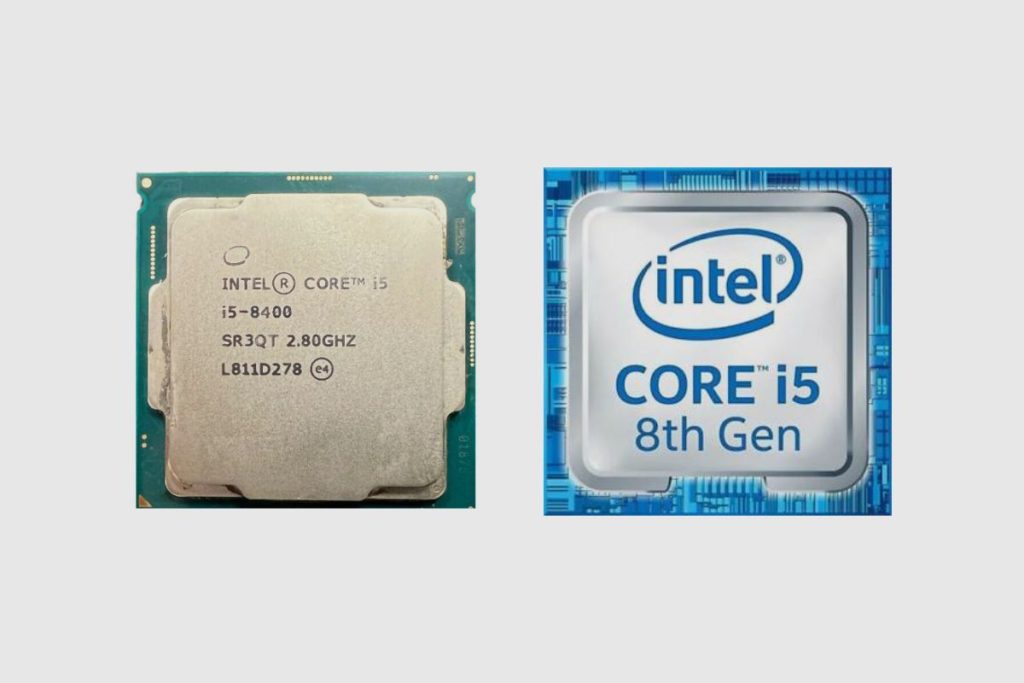
What Is The Processor’s Maximum Memory Bandwidth?
The maximum memory bandwidth is the maximum rate at which data can be read from or stored into a semiconductor memory by the processor. It is measured in GB/s.
You can find the Core i5 8th Generation processors with a maximum memory bandwidth of 34.1 GB/s, 37.5 GB/s and 41.8 GB/s. This would depend on the model.
What Is The Processor’s Maximum Number Of PCI Express Lanes?
The PCI Express lanes are the physical links between supported devices and the processor. The lanes consist of two pairs of copper wires known as traces that run through the motherboard printed circuit board (PCB). The traces connect enabled devices to either the processor or motherboard chipset.
The Core i5 8th Generation processors use a PCI-Express Version 3 connection that consists of 16 lanes for NVMe storage drives, graphics cards, and other high-performance parts.
Does The Processor Support Overclocking, Any Extra Features?
The Intel Core i5 8th Gen processors support overclocking. Overclocking is the ability to increase the clock rate of your processor to make it run at a higher speed than it was designed for. They can be overclocked to 4 GHz on all cores, so long you have thermal and power headroom.
The Core i5 8th Generation processors have advanced technologies such as 2.0 Intel Turbo-Boost Technology and the Intel Hyper-Threading technology. They also secure keys, the Intel OS Guard and the Virtualisation technology.
Price
You can get a new Intel Core i5 8th Generation processor starting from $205 and a used one starting from $150.
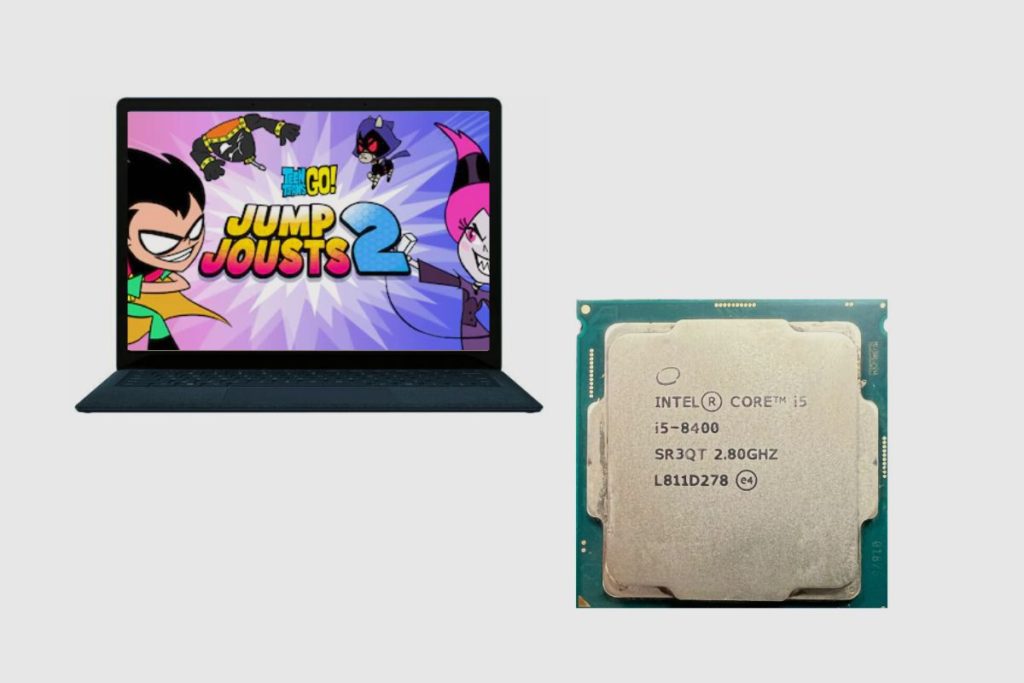
Is The Processor Good For Gaming?
The Intel Core i5 8th Gen processors are one of the best budget gaming processors in the market. They are a great fit for PC Gaming build, and they also have a powerful GPU and a decent amount of RAM, capable of running some of the best games of the current generation of games.
Conclusion
The Intel Core i5, 8th Generation processors, deliver the features and performance of the Intel Core i7 at a lower price. So they are an excellent choice for those who want a fast device without sacrificing battery life.
Image Gallery – Is Intel Core i5 8th Gen Good For Gaming?
